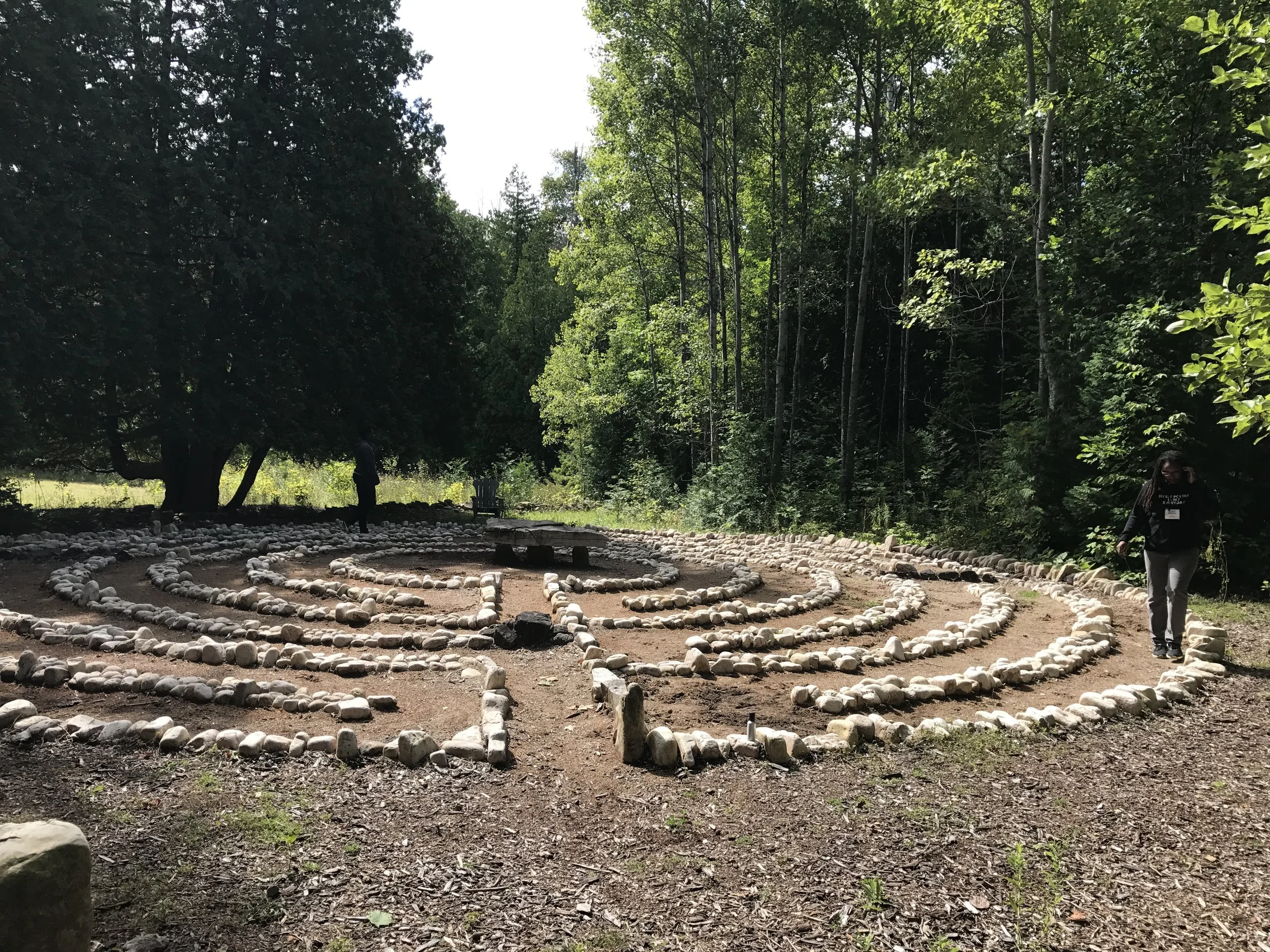let it be
/I was in yoga class last week, and as I lifted into a heart-opening backbend, this cover of the Beatles song “Let it Be” came on. And upside down, sweaty, and for anyone to see, I started crying. For sure out of the sense of comfort the song offers -- “When I find myself in times of trouble, Mother Mary comes to me. Speaking words of wisdom: let it be.” But also and maybe more so out of sense of permission -- the permission to let it be. Whatever it is. Whatever I am. To let go of the perfectionism and the striving, if only for a moment. To let it be.
So much of our suffering comes from our grasping to what we wish were true, to the wish that things were somehow different, more in line with what we believe would make our lives better, easier, prettier. What happens when we let it be, whatever it is? Whatever we are? When we relax into the actual now, without striving to alter its essential nature? When we open to the world’s more difficult gifts?
It’s coming up on the winter solstice, the day of the year with the least light, the most dark.
Around now, or even sooner, we start complaining about the winter, the cold and the dark, as if the cold and the dark don’t also have their gifts. We keep our sights focused on the dream of spring, the fantasy of spring’s perfection and summer’s bliss, rather than the generous now of how the dark does come early, beckoning us home or inward or out to wander among the shapes made by starlight or moonlight or streetlights or bonfires.
When we could just let it be.
The central rule of my lineage and practice is so long as it harms none, do as you will. Which can be read as very passive -- do whatever you want, as long as it causes no harm. But the deeper, truer reading focuses on the idea of “will” -- an injunction to live the lives we are meant to live, to do what we are meant to do, so long as no one is harmed by our actions.
This duality lives in “let it be” as well.
The word amen means “so it be.” Amen from the Hebrew āmēn, meaning “certainty,” “truth,” “verily.” The pagan so mote it be -- so may it be. In this path, let it be can be an invocation, a tiny prayer, a request. Let it be. Please let it be.
And in all of it, we are invited to move with the universe, in alignment with our individual will, to let it be by releasing, to let it be through our actions, held in the comfort and grand permission of an immense power through the rich darkness of which rings language for us to hold
And when the night is cloudy there is still a light that shines on me
Shine until tomorrow, let it be
I wake up to the sound of music, Mother Mary comes to me
Speaking words of wisdom, let it be
